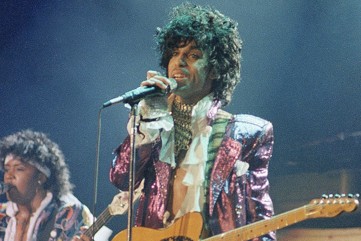Our beloved childhood friend and icon – Barbie – is coming to life. The first teaser trailer of Greta Gerwig’s Barbie was released today…and I already feel a surge of tremendous excitement. . Expect a star-studded cast featuring Margot Robbie, Ryan Gosling, Simu Liu, Michael Cera, and Will Ferrell. From there, it’s all up to […]

